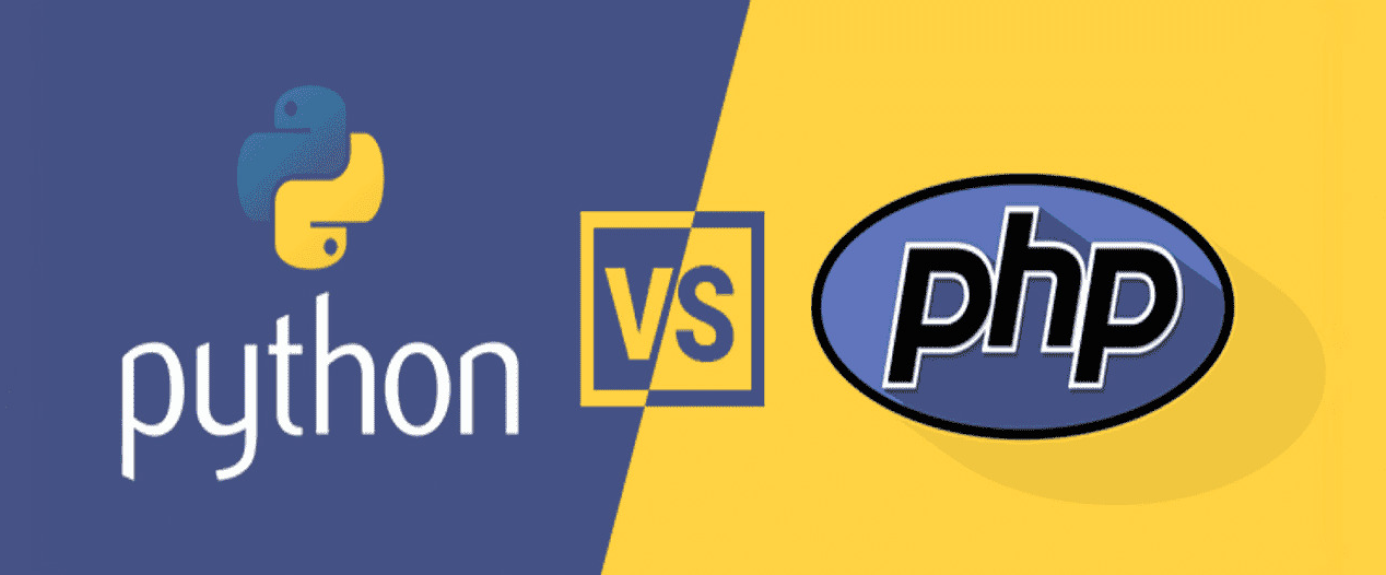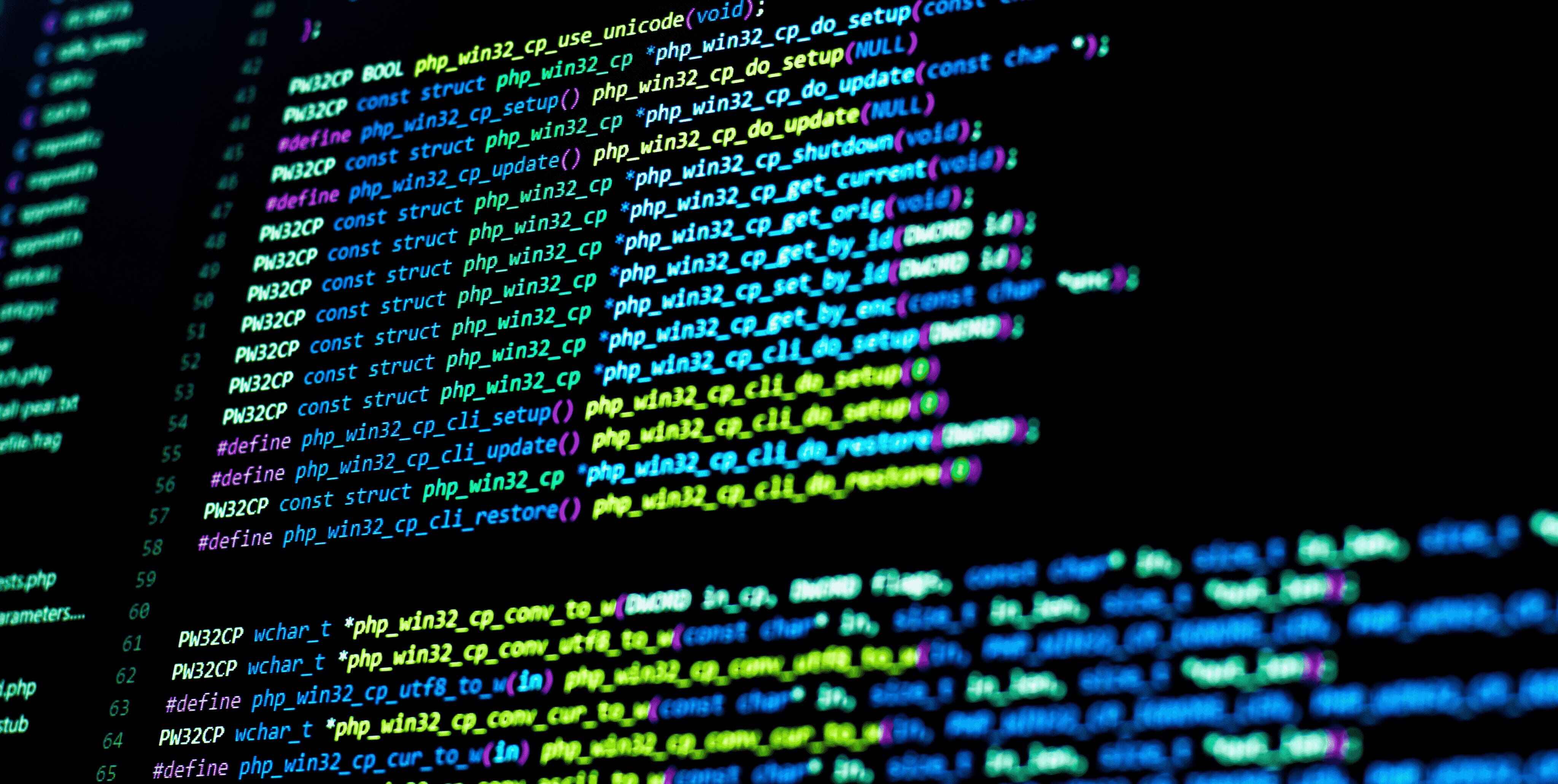Python Vs PHP - Which programming language is better in 2024?
Date: May, 2024
Read: 28 Min.

Among the many of web development languages, approximately 79.8% of websites opt for PHP, while
Python is rapidly gaining popularity in the web development sphere. Despite both being utilized
for web development, they cater to distinct purposes.
In this Python vs. PHP tutorial from Taaffeite
Technologies, you'll explore their differences
and similarities to understand what makes each one unique in their respective ways.
What Is Python?
Python is famous for its advanced, object-oriented programming features, putting it on par with
Java in terms of complexity. In Python development, it offers a specialized set of core data
structures, promoting efficient and organized coding. Its dynamic typing and binding make Python
a valuable tool for quickly building software applications.
Choosing to hire Python developers in India means having access to a skilled team capable of
analyzing and reconfiguring system packages and modules, as well as effectively repurposing code
from previous projects. Python's speed, flexibility, and user-friendly interface make it an
excellent option, especially for beginners in programming.
Why Choose Python?
Picking Python as your programming language comes with numerous benefits, making it a widely used
and versatile option for various applications. Here are several compelling reasons to choose
Python:

Readability and simplicity
The structure of Python is highly praised for being clear and easy to understand.
It's a
great choice for beginners because it's inherently simple and the code is easy
to read,
making it quick and straightforward to maintain.

Versatility
Python proves its usefulness across various fields, including web development,
data
science, automation, artificial
intelligence, and machine learning, showcasing its
versatility. This quality is highlighted by the abundance of comprehensive
libraries and
frameworks available, enabling developers to tackle a wide range of tasks
effectively.

Huge Standard Library
Python's extensive standard library includes modules and packages for a wide
range of
tasks. This means developers can save time and effort by utilizing built-in
functionality for common tasks, rather than starting from scratch each time they
write
code.

Community Support
Python boasts a vibrant and engaged community. This support network is evident in
the
abundance of tools, documentation, and third-party libraries available, all of
which aid
in development and problem-solving endeavors.

Open Source
Python's open-source nature fosters collaboration and innovation. Developers have access
to the language's source code, promoting an environment of constant evolution and
improvement.

Cross-Platform Compatibility
Python programs can run on various operating systems without modification, thanks to its
platform-independence. Its cross-platform interoperability is a key factor that enhances
the portability of Python applications.
What Is PHP?
PHP, an open-source server-side scripting language, serves many purposes, including creating
graphical user interfaces (GUIs). It's also a versatile general-purpose programming language.
PHP's capabilities are driven by the Zend engine, which is now the most widely used PHP
implementation.
Additional implementations, like Parrot, the Hip Hop Virtual Machine (HPVM), and Facebook's Hip
Hop, enhance the language's versatility. While PHP is commonly used in web servers, it
seamlessly operates in both browser and command-line environments.
Choosing to hire PHP developers equips a team with the expertise to effectively utilize this
language, ensuring the development of robust applications across various domains.
Why Choose PHP?
PHP is a popular programming language for web development and other applications due to several
compelling reasons. Here are some key factors that contribute to PHP's appeal:

Open Source
PHP is a free and open-source language, meaning it can be utilized, modified, and
distributed without limitations. This fosters a supportive and collaborative community,
which contributes to the continuous development of the language.

Server-Side Scripting Proficiency
PHP stands out as an excellent option for web development, specifically crafted to handle
the complexities of server-side scripting. It excels in managing the creation of dynamic
web pages and systematically processing data on the server before delivering it to the
client's browser.

Facilitative Learning Paradigm
PHP is widely recognized for its simplicity and user-friendly nature, making it
easy to
learn, especially for beginners. Its syntax, similar to programming languages
like C and
Java, makes the learning curve less daunting for those already familiar with
basic
programming concepts.

Versatility
PHP is a versatile language that can be used in standalone scripts or integrated
into
HTML content. It's compatible with various platforms and technologies because it
supports a wide range of databases.

Generous Community and Documentation
The PHP development community is large and lively. With numerous tutorials, forums, and
documentation readily available, this community makes it easy for developers to find
resources and support.

Frameworks and CMS Support
Several powerful PHP frameworks that aid in code organization and development include
Laravel, Symfony, and CodeIgniter. Additionally, content management systems (CMS) like
WordPress, Joomla, and Drupal, which offer robust tools for website construction, are
built on PHP.

Compatibility
PHP is compatible with various operating systems, such as Windows, Linux, and macOS. Its
cross-platform interoperability allows PHP applications to run on multiple servers,
offering greater flexibility.
The choice between Python and PHP for web development depends on the specific needs,
preferences,
and expertise of a web development team. Python, praised for its clarity and flexibility, is
favored across various domains, including data science, machine learning, and artificial
intelligence.
For a web development company
aspiring to utilize a versatile language across various domains, Python stands out as the
optimal choice. With its clear syntax, vast library, and rapid development capabilities, it
proves to be the best option for ventures extending beyond traditional web programming.






